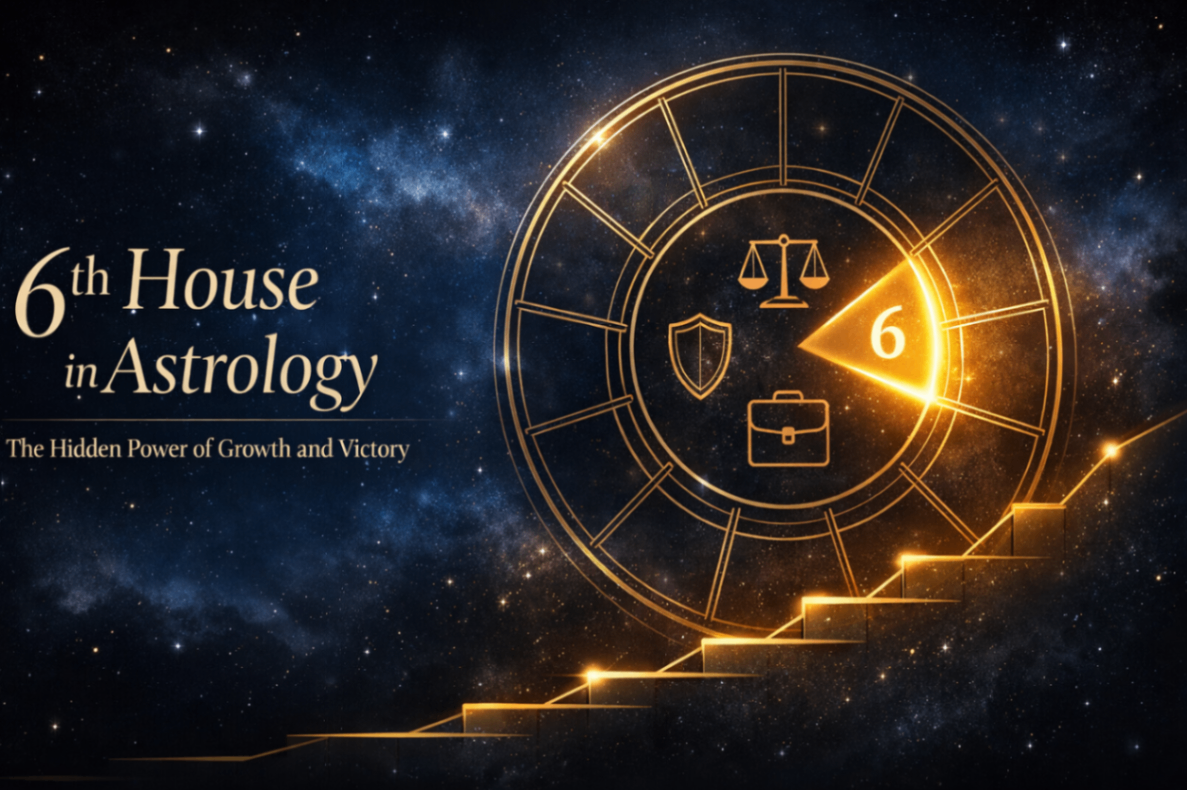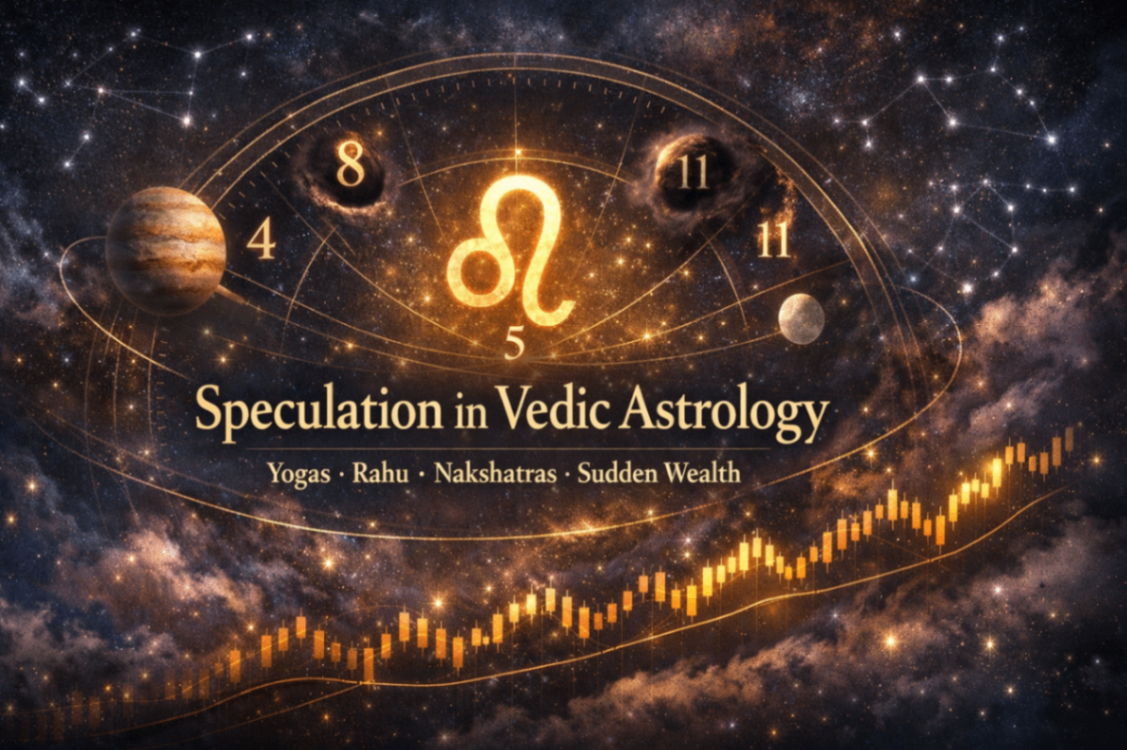Amavasya: An In-Depth Exploration

Amavasya, often called the No Moon Night, holds a special place in Vedic astrology and numerology. This night, when the Moon is not visible, has significant religious and spiritual significance. During Amavasya tithi, the Moon and the Sun align, creating powerful gravitational effects that influence both the Earth and human behavior. Understanding the impact of Amavasya can offer deep insights into its spiritual and astrological relevance.
What is Amavasya?
Amavasya occurs when the Moon is positioned 12 degrees behind the Sun, making it invisible from Earth. This alignment results in a unique gravitational pull, affecting natural elements like tides and even human emotions. During this time, the combined gravitational forces of the Moon and Sun cause a noticeable rise in ocean tides and subtle shifts in the Earths crust.
People often ask, When is Amavasya? or Amavasya this month? to align their spiritual practices with this significant lunar phase. It usually occurs once every month, and the exact date varies depending on the lunar calendar. For instance, Mahalaya Amavasya 2024 date and time will be determined based on the lunar calculations for that year.
Astrological Effects of Amavasya
In Vedic astrology, it is seen as a time of heightened spiritual energy. The gravitational pull during Amavasya can influence the fluids in our brain, leading to emotional fluctuations. This period is ideal for introspection, meditation, and spiritual practices. Its believed that the energy during this day can amplify both positive and negative traits in a persons natal chart, depending on the planetary influences at the time.
Classic texts in Vedic astrology mention that the absence of the Moons light during Amavasya tithi symbolizes a period of darkness that encourages self-reflection. The religious and spiritual significance of this time is profound, as it allows individuals to cleanse their minds and souls.
Numerological Significance
In numerology, numbers hold vibrational frequencies that influence human life. it is associated with the number zero, symbolizing potential and the starting point of a new cycle. This aligns with the concept of renewal and rebirth, making Amavasya an ideal time to set new intentions and embark on fresh endeavors.
Rituals and Practices During Amavasya

Many Hindus observe specific rituals on thi moon day to honor their ancestors and seek spiritual blessings. The day marks an auspicious time for performing Tarpanam, an offering of black sesame seeds and water to departed souls. This ritual is believed to bring peace to the deceased family members and ensure their blessings for the living descendants.
Honoring Ancestors
Mahalaya Amavasya 2024 significance lies in its association with Pitru Paksha, a 15-day period dedicated to paying homage to ancestors. During this time, rituals are performed to honor male family members who have passed away. Performing these rituals is believed to appease the ancestors and bring prosperity to the family.
Puja Rituals and Muhurta
Amavasya 2024 puja rituals often involve fasting, meditation, and offering prayers. The Qutup Muhurta and Rauhin Muhurta are considered auspicious times during the day to perform these rituals. For example, the Pitru Amavasya is a significant day when special ceremonies are conducted between 12 am to 12 pm to maximize the spiritual benefits.
Types of Amavasya

There are various types of Amavasya, each with its unique significance:
Somavati Amavasya: Occurs when it falls on a Monday. Fasting on this day is believed to fulfill desires and bring prosperity.
Thai Amavasya: This happens in January or February and follows the Uttarayana Punyakalam, marking the Suns northern journey. It is a significant time for performing Tarpanam rituals to honor ancestors.
Mahalaya Amavasya: This marks the beginning of Pitru Paksha. Its considered highly auspicious for performing ancestral rituals and seeking blessings from departed souls.
Sarva Pitri Amavasya: The final day of Pitru Paksha, dedicated to all ancestors. Rituals performed on this day are believed to benefit all departed souls in the family lineage.
Classic Texts and the Significance of Amavasya
In Vedic texts, it is often mentioned as a powerful time for spiritual practices. The Vedas and Upanishads highlight the importance of this day for performing rituals that can remove past sins and bring spiritual enlightenment. According to these ancient scriptures, the absence of the Moon symbolizes the need to go within oneself, away from external distractions.
Amavasya in the Puranas
The Puranas narrate stories emphasizing the importance of Amavasya. They suggest that during this time, the veil between the physical and spiritual worlds is thinnest, making it an ideal period for communicating with ancestors and divine beings.
Numerological Perspectives
From a numerological standpoint, Amavasya represents a time of potential and transformation. The energy of zero signifies limitless possibilities, aligning with the belief that one can reset karmic debts and start anew during this phase.
The Dual Nature of Amavasya

Amavasya is often misunderstood as an inauspicious time due to its association with darkness and emotional turmoil. However, it also presents an opportunity for self-reflection and spiritual growth. Individuals born on this day are thought to possess unique clarity of thought and a heightened ability to distinguish right from wrong. This dual nature makes it a powerful time for both spiritual cleansing and personal growth.
Misconceptions and Clarifications
While some consider Amavasya a time to avoid significant activities, Vedic astrology suggests that with proper rituals and intentions, one can harness its energy for positive outcomes. The day encourages individuals to confront their inner shadows and work towards self-improvement.
Amavasya in Everyday Life
For those wondering about the exact timings, its essential to consult a lunar calendar. For example, if Amavasya falls on October 2, 2024, knowing the precise pm to 12:47 am or 12:00 pm to 12:00 am window can help align spiritual practices accordingly.
Planning Rituals
Understanding the specific timings, like the Qutup Muhurta and Rauhin Muhurta, allows practitioners to perform rituals at the most auspicious moments. This alignment enhances the effectiveness of the practices, ensuring maximum spiritual benefit.
Practical Tips for Observing Amavasya
Fasting: Many choose to fast from 12:00 am to 12:00 pm to purify the body and mind.
Meditation: Engaging in deep meditation can help harness the spiritual energies present during Amavasya.
Charity: Donating to the needy is considered highly auspicious and can alleviate negative karmic influences.
Avoid Negative Actions: Refrain from starting new ventures or making significant decisions during this time without proper astrological consultation.
Conclusion
Amavasya, with its profound astrological and spiritual significance, offers a unique blend of energy and introspection. By understanding its effects and observing appropriate rituals, one can harness the positive aspects of this No Moon Night for personal and spiritual growth. Whether its through fasting, meditation, or performing Amavasya 2024 puja rituals, this day provides a powerful opportunity for renewal and transformation.
By embracing the teachings from classic Vedic astrology and numerology, and acknowledging the religious and spiritual significance of Amavasya, individuals can navigate this period with wisdom and grace. It is not just a celestial event but a reminder of the cycles of life and the importance of balance. Observing Amavasya encourages us to look within and find peace amidst the chaos of everyday life.






































